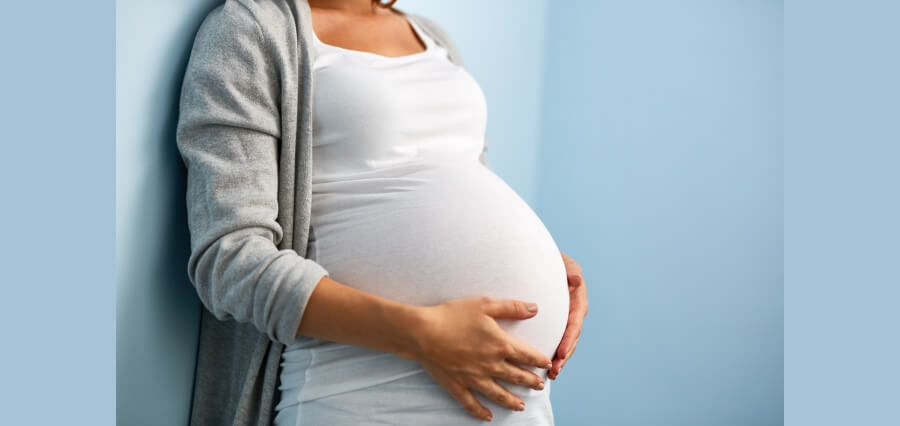It is estimated that at least 6% of women suffering from infertility do so due to undiagnosed or untreated coeliac disease. According to research published in the Lancet medical journal, women with coeliac disease are more likely to experience adverse pregnancy outcomes, such as miscarriages, compared to those without the condition.
The research also revealed that up to 7% of men with coeliac disease have hypogonadism, which impacts a man’s sperm health and hormones.
Sarah Keogh, a nutritionist and dietitian from the Coeliac Society of Ireland, highlighted that there are many symptoms of coeliac disease to watch out for. “Not everybody gets gut symptoms,” she said. “People might have repeated low iron, low Vitamin B12, feel very tired, have an itchy skin rash, or get mouth ulcers. So, there can be lots of things that could be symptoms of coeliac disease. You can visit coeliac.ie and look up the full list of symptoms.”
Keogh emphasized that despite the seriousness of the condition, many people are completely unaware of the impact coeliac disease can have on a person’s fertility. “It’s not surprising that it does have the effect [that it does], but I think it’s underestimated how many people it does affect,” she said.
“Partly due to the coeliac disease causing this malnutrition, people are often low on micronutrients, and they don’t know it, and that does affect fertility in both men and women. So, I think it’s something that people do need to think about if they are struggling with fertility in any way.”
An estimated 1 in 100 people are coeliac; however, only 36% are diagnosed with the condition. Undiagnosed or untreated coeliac disease can have serious consequences, including impaired fertility, making it crucial for individuals experiencing fertility issues to consider getting tested for the condition.











